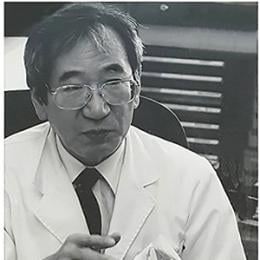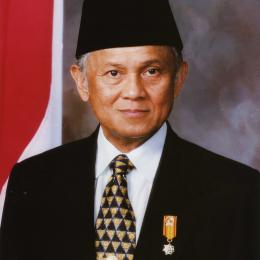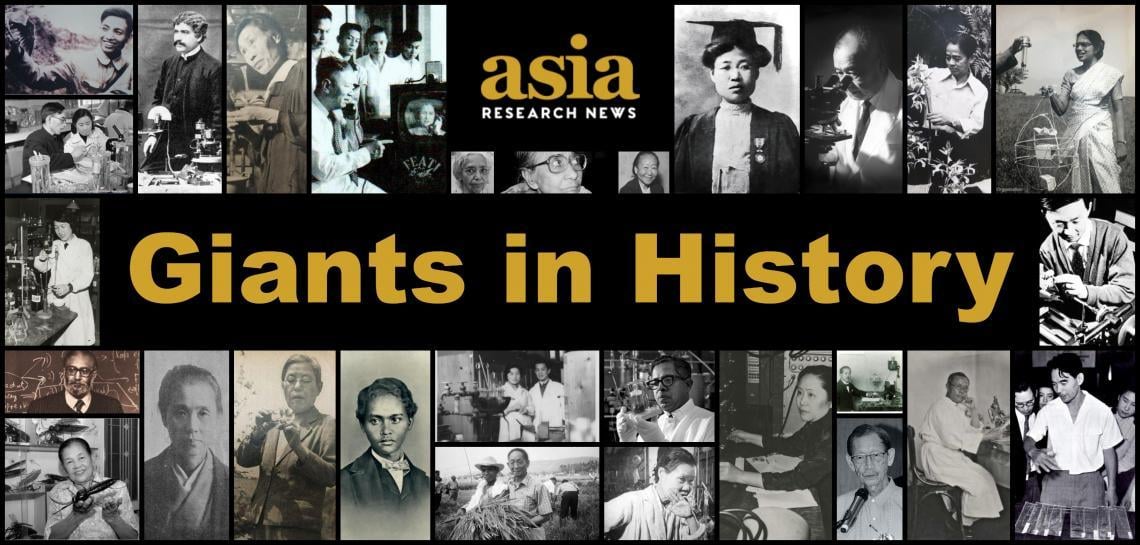Breaking new ground in plant and human genetics
Archana Sharma (16 February 1932 - 14 January 2008)
India

Archana Sharma (16 February 1932 - 14 January 2008) conducted research into plant and human genetics that expanded the understanding of both botany and human health. In relation to botany, she uncovered the means by which asexually-reproducing plants evolve into new species. Her interest in the causes of mutations in humans, meanwhile, included studies of populations exposed to environmental pollutants, leading to the discovery that long-term exposure to pollutants in water (such as arsenic) can induce mutations that may promote diseases such as cancer. She also studied the effects of plant products in reducing the toxicity of those agents. Together with her husband, cell biologist Arun Kumar Sharma, Sharma developed new staining and pre-treatment techniques for studying chromosomes, which are still used today. The couple also initiated the formation of the School of Cytogenetics and developed the Centre for Advanced Studies in Cell and Chromosome Research in India. For her contributions to science and education, Sharma was conferred the Padma Bhushan, one of her country’s highest civilian awards, by the President of India in 1984.






